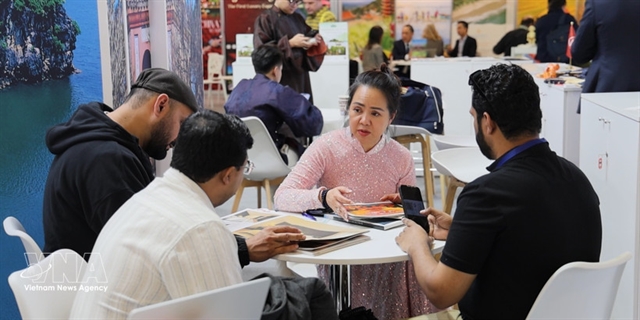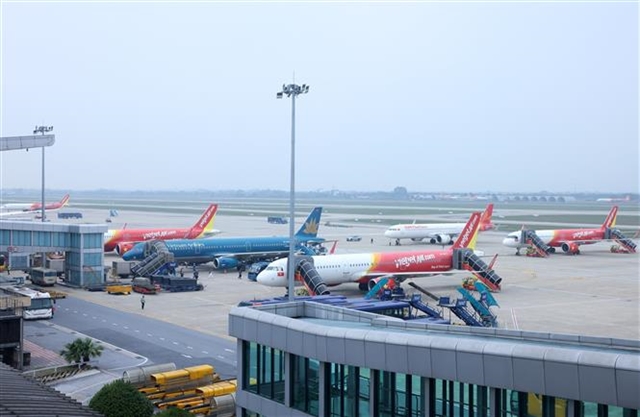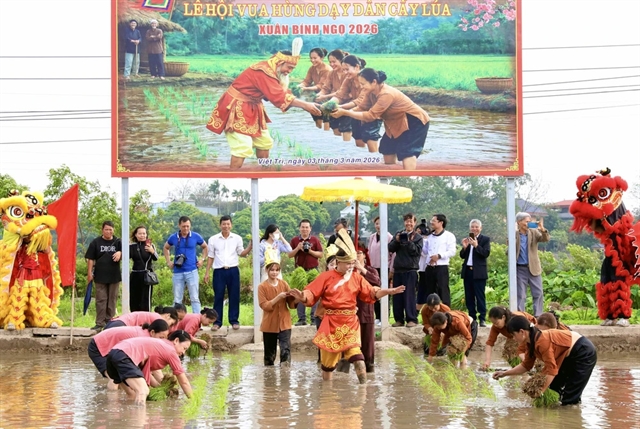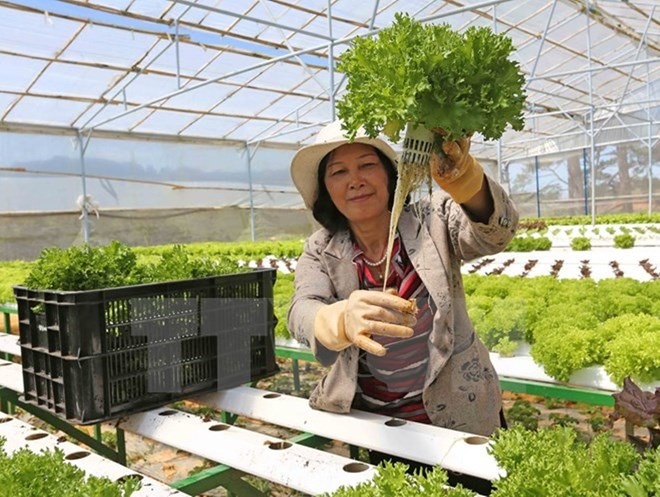 |
| Vegetables grown using hydroponic techniques in the Central Highlands province of Lâm Đồng. — VNA/VNS Photo Thanh Dũng |
Viet Nam News HÀ NỘI — An increasing number of Japanese firms are interested in investing in Việt Nam, particularly in the agriculture sector, Tanoi Masahiko of Japan’s Ministry of Agriculture, Forestry and Fisheries said at a meeting on Tuesday.
He said the increased number of businesses participating in the third Việt Nam-Japan Agricultural Co-operation Dialogue held in Hà Nội proved their interest.
The first such dialogue in 2014 drew only 11 Japanese companies. At the second one last year 20 came. There are 50 businesses this year.
“Japanese business want Việt Nam to keep improving its business climate, offering favourable conditions to investors and addressing problems relating to intellectual property rights, transparency and taxes,” he said.
Trần Kim Long, head of the International Co-operation Department under the Ministry of Agriculture and Rural Development, said Việt Nam was restructuring its agriculture sector with a focus on increasing value added and sustainable production.
“The private sector, particularly foreign investors, are expected to join the,” he said, adding that the Government was offering incentives to attract more investors to the sector.
By the end of 2014, Japanese business conducted 34 projects with an investment of US$230 million in the agriculture sector in Việt Nam.
Yamada Hideya, counsellor at the Overseas Investment and Co-operation Division, International Affairs Department, said that the two countries were implementing the Medium and Long-term vision on Agriculture Co-operation that they signed last year.
A key content of that agreement was that Japan would help Việt Nam to develop its value chain to better manage food as well as provide consumers with safe food.
The food value chain was expected to address shortcomings of Việt Nam’s agricultural sector, including modest productivity and quality and the lack of proper cold storage facilities and frozen food distribution system, Yamada said.
According to this vision of co-operation, the two governments and their business work together on agriculture projects.
They selected certain localities in Việt Nam to conduct pilot programmes addressing specific shortcomings.
For example, the central Nghệ An Province has been assisted to increase productivity and added value to farming products. The Central Highlands province of Lâm Đồng is being helped in developing key products and food processing. The outskirts districts of Hà Nội and HCM City are being helped to improve cold storage and frozen food distribution system, while the Mekong Delta provinces are being aided in adapting their farming to the impacts of climate change.
Yamada also informed the gathering that a newly-established group, led by a deputy minister of Agriculture and Rural Development and Japan’s International Co-operation Agency would directly offer assistance to Japanese business that want to invest to Việt Nam. — VNS
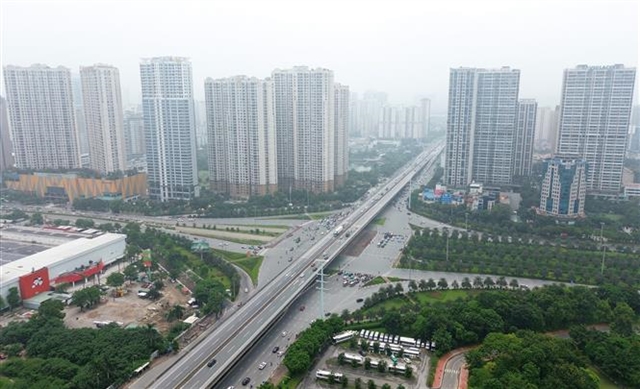 Economy
Economy
